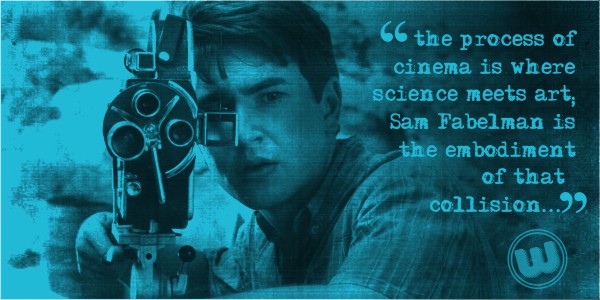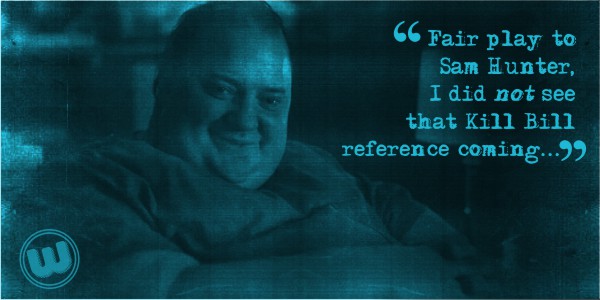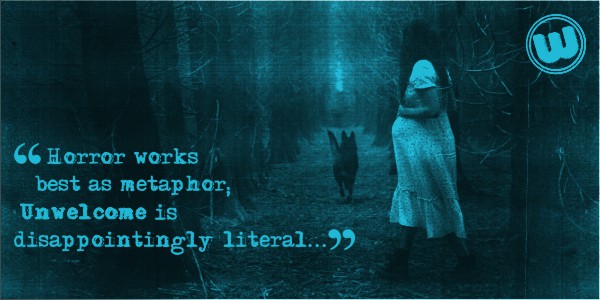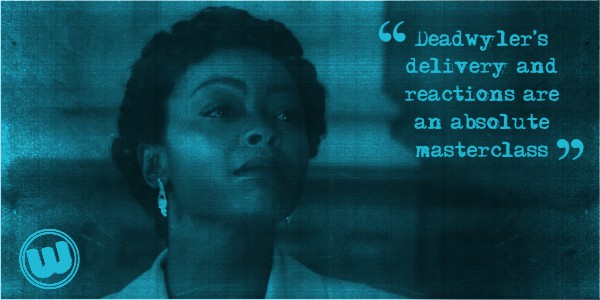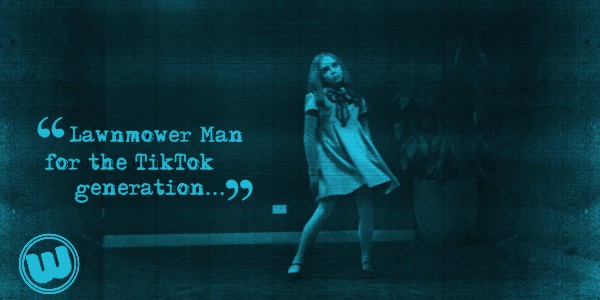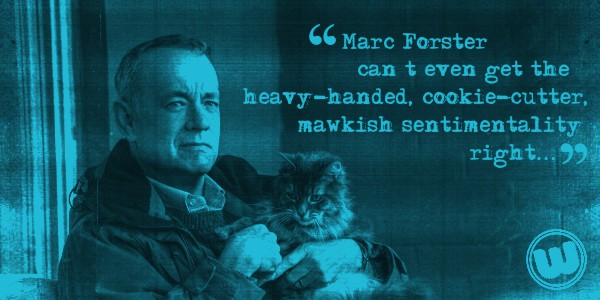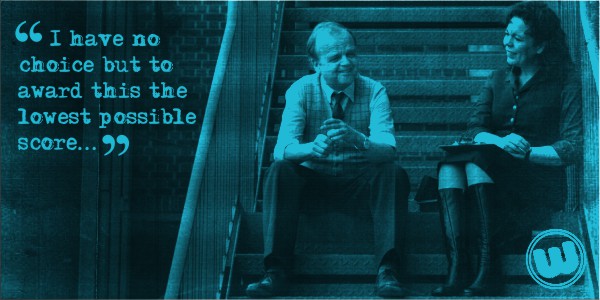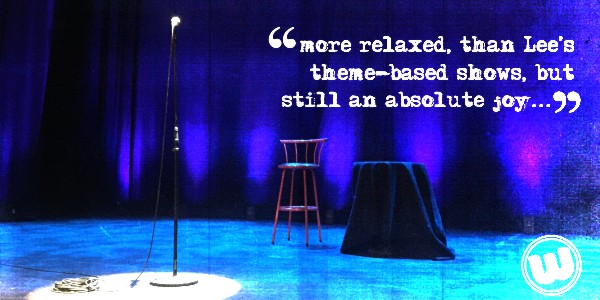
Stewart Lee: Basic Lee
Oxford Playhouse | Monday, 30 January 2023
It's a cold, damp Monday night in Oxford, but the full-house crowd at the Playhouse theatre is in chipper spirits as the lights dim. Stewart Lee takes to the stage, bleached-out by the lights in scruffy black jeans, walking boots, an oversized black Teddy Boy jacket and bottle green polo shirt. The touring-version of his Basic Lee Edinburgh show from 2022, this is the opening night of a now-traditional week long residency in the city, with all performances sold out in advance.
Greetings out of the way, one of the first things Lee tells the audience is that this is a back-to-basics show - hence the title - lacking the overarching structure of his previous tours. The last part of this is of course untrue, but at this point the comedian has lain down the gauntlet for the audience to piece together the structure for themselves, albeit giving them a helping hand in the process. What Stewart means is that there's no specific and visible prop this time, be it an outsized Caffé Nero loyalty card or set manufactured from rolls of carpet or standup comedy DVD cases. Instead, the form here is the structure, and the structure is the form, with Lee's trademark rambling style flipping down callback-markers as it staggers through what it means to be a touring comic in 2023.
MECHANICS
Lee does make overt references to earlier jokes in previous shows, usually commenting on the mechanics or expanding and adding to the joke as a self-aware reference, for audiences members who recall it from last time (and at a Stewart Lee gig, this means most of them). The attending crowd comes in for a gentle, non-directional ribbing of course as is standard, but without the theatrical vitriol we've seen previously. Unless, that is, you happen to be a patron looking at their phone during the performance, in which case it becomes rather more pointed*1.
Our host also makes prolonged and repeated references to in-theatre happenings (late arrivals, lighthearted heckles etc), and while Lee isn't necessarily one for extended improvisation, it will be interesting to see how this evolves over its 15-month run. The show in its present form is open to adaptation as the months pass (even with the ever-present first half disclaimer that there's no point in writing semi-topical material on a Monday which will be out of date by Friday). Segments on Fleabag and Barry Cryer will doubtless remain, by virtue of their timeless reliability to showcase Stewart's own finer talents.
BERNIE WINTERS
But there's something about Lee, either in perceived or studied style, that craves the larger structure. Notwithstanding that his 'event' show format has been creeping upward for over a decade, it's also what the audience (okay, me) expect. And if tonight's lesson is that the shows can't all be hyper-focused comedic surgery then it's a one worth taking on board. But the end result is that Basic Lee isn't quite as satisfying as previous outings, even if it's no less entertaining*2.
On the whole this is a lot more relaxed than Lee's theme-based shows, and as such is a potentially good place to get new, casual, fans on board. Personally, I think I prefer the focused rage (faux or otherwise) of other recent pieces, but there is still an absolute joy in watching Stewart Lee be on top of his material without having to conjure tangible demons for the audience's amusement...
Basic Lee is at Oxford Playhouse until Saturday 4th Feb, then tours the UK.
Tickets at StewartLee.co.uk

*1 There were several of these moments in both halves of the show. Lee admits on-stage that he hates making direct eye contact during performances, essentially making it difficult to detect if he's actually addressing someone or if this is a routine designed to make people in the audience look round among themselves for the offending person. Nonetheless, I did see a phone-glow in my peripheral vision for one of his curt interjections, so it isn't all 'a bit'. [ BACK ]
*2 Spoilers, highlight-to-read: For what it's worth, I'd have happily had the first half's JK Rowling routine and the jazz-description in the second to be longer, if only because the patrons on either side of me weren't nearly uncomfortable or worn-down enough with the repetition... [/End] [ BACK ]
DISCLAIMERS:
• ^^^ That's dry, British humour, and most likely sarcasm or facetiousness.
• Yen's blog contains harsh language and even harsher notions of propriety. Reader discretion is advised.
• This is a personal blog. The views and opinions expressed here represent my own thoughts (at the time of writing) and not those of the people, institutions or organisations that I may or may not be related with unless stated explicitly.

